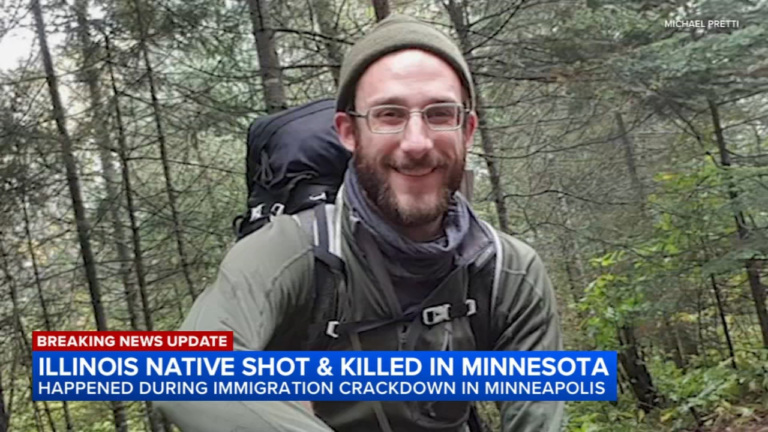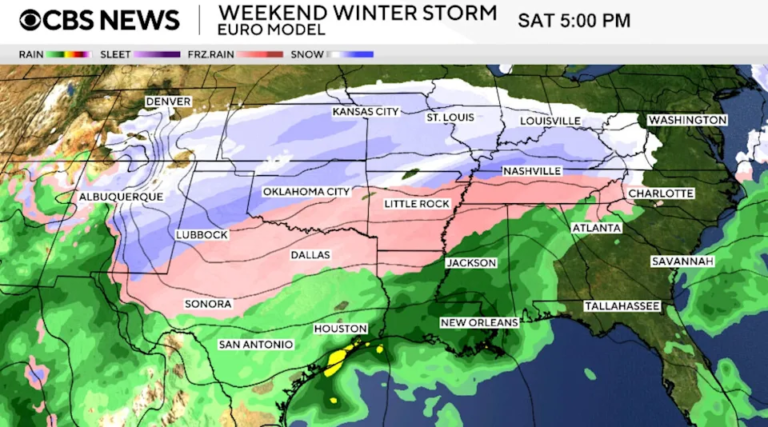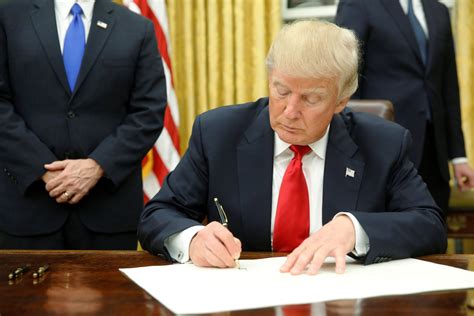
(President Donald Trump signing executive orders in the White House)
Trump Cuts Aid to South Africa Over Land Reform and Israel Stance
In a move that has sent shockwaves through international diplomatic circles, U.S. President Donald Trump signed an executive order on Friday aimed at halting American aid to South Africa. The decision comes in response to the country’s controversial land expropriation policies, as well as its increasingly vocal opposition to Israel and its military campaign in Gaza.
Land Reform and U.S. Response
The order specifically targets South Africa’s ongoing efforts to redistribute land, a process that allows the government to seize farmland from private owners—predominantly White farmers—without compensation. Trump criticized the policy as a “shocking disregard for its citizens” and framed it as a human rights violation. As a result, the order directs U.S. agencies to immediately suspend foreign assistance to South Africa unless deemed essential.
The South African government, however, has pushed back against these claims. President Cyril Ramaphosa has repeatedly denied that land is being arbitrarily confiscated, stating that South Africa’s land reform measures are part of a broader effort to address historical injustices stemming from apartheid.
“We look forward to working with the Trump administration to clarify our land reform policy,” Ramaphosa previously stated. “South Africa remains committed to constitutional democracy and the rule of law.”
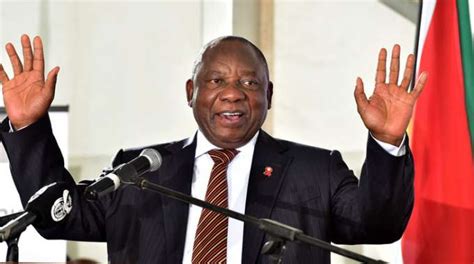
Cyril Ramaphosa elected President of South Africa | The Sunday Mail
Aid for Afrikaners and Diplomatic Tensions
The executive order also instructs U.S. agencies to provide assistance to Afrikaners—descendants of European settlers—who claim they are fleeing discrimination. Trump’s directive includes provisions for resettling these individuals through refugee programs.
“As long as South Africa continues these unjust and immoral practices that harm our Nation, the United States shall not provide aid or assistance to South Africa,” the order reads. “The United States shall promote the resettlement of Afrikaner refugees escaping government-sponsored race-based discrimination, including racially discriminatory property confiscation.”
The South African foreign ministry swiftly condemned the executive order, calling it a “great concern” and accusing the Trump administration of misrepresenting the country’s policies.
“This executive order lacks factual accuracy and fails to recognize South Africa’s profound and painful history of colonialism and apartheid,” a spokesperson for the ministry said. “It appears to be a campaign of misinformation and propaganda aimed at misrepresenting our great nation.”
In a sharply worded statement, the ministry also highlighted the irony of the U.S. granting refugee status to Afrikaners, a group it described as “amongst the most economically privileged” in South Africa, while simultaneously deporting and denying asylum to vulnerable individuals from other crisis-stricken regions.
Historical Context and Ramaphosa’s Response
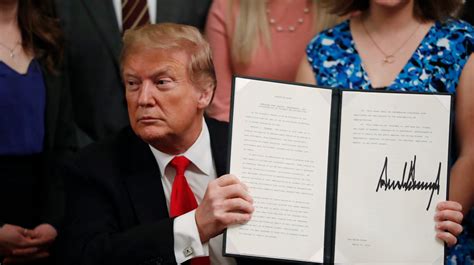
(President Donald Trump signing executive orders)
The historical backdrop of this controversy is significant. Under apartheid, Black South Africans were systematically dispossessed of their land to benefit White settlers. Since the end of apartheid in 1994, South Africa’s constitution has included provisions for land restitution and redistribution, yet progress has been slow. Today, while Black South Africans make up around 80% of the population, they own only a small fraction of the country’s land. To address this imbalance, Ramaphosa’s administration recently passed a law allowing for land expropriation without compensation under certain circumstances.
According to the U.S. Foreign Assistance website, the United States had allocated nearly $440 million in assistance to South Africa in 2023, with over $270 million coming from the Agency for International Development (USAID). Trump’s order follows a broader trend within his administration of freezing foreign assistance and dismantling USAID programs.
Beyond the land debate, the executive order also cites South Africa’s recent diplomatic moves against Israel as a reason for cutting aid. Trump accused South Africa of adopting an “aggressive stance” against U.S. allies by strengthening ties with Iran and bringing a historic case against Israel at the International Court of Justice (ICJ). The case alleges that Israel is committing genocide against Palestinians in Gaza, an accusation the Israeli government has strongly denied.
Trump, who has positioned himself as one of Israel’s staunchest allies, had previously warned that U.S. aid would be cut until an investigation into South Africa’s policies was conducted. However, he did not cite any specific evidence to back his claims of land seizures and mistreatment of certain groups.
Meanwhile, Ramaphosa recently spoke with South African-born billionaire Elon Musk about what he described as a “distortion campaign” against South Africa. The conversation, which took place earlier this week, focused on “misinformation” surrounding the country’s policies and its stance on international issues.
During his annual state of the nation address, Ramaphosa reaffirmed his country’s commitment to its policies and brushed off Trump’s order, vowing that South Africa “will not be deterred.”
“We are, as South Africans, a resilient people, and we will not be bullied,” he declared.
